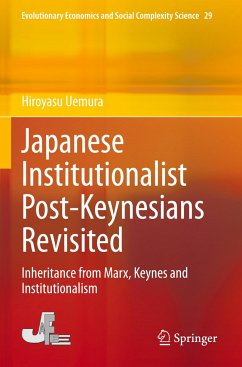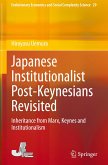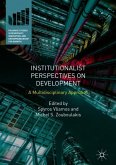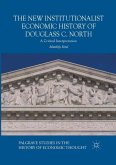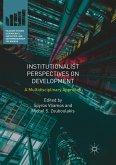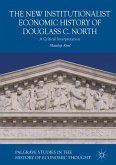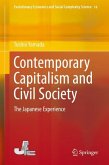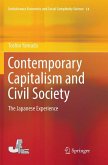This is the first book that systematically considers the academic achievements of Japanese institutionalist post-Keynesian economists in the postwar period and argues that we can learn much from their intellectual heritage. Those Japanese economists include the world-renowned figures, Shigeto Tsuru and Hirofumi Uzawa, whose inheritance came from Keynes, Marx, and institutionalism. In the era of globalization after the 1990s, economic inequality and social divide have intensified all over the world. In this situation, the academic achievements of those economists in postwar Japan should be reconsidered for the aim of establishing a new political economy. With this perspective, the book looks at what we can learn from Japanese institutionalist post-Keynesian economists In particular, the essence of research work that each of them developed is identified, focusing on the total image of the economy for contemporary capitalism. Those economists benefited from the diverse legacies of Keynes, Marx, Kalecki and institutionalist economists such as Veblen and Galbraith. When their research is examined systematically, Japanese institutionalist post-Keynesians are commonly characterized as those who developed their institutional analysis of contemporary capitalism with in-depth theoretical and empirical studies, with the aim of establishing their own political economy as the moral science of civil society. These important features provide us with insightful implications for institutional economics in the 21st century.
"The book provides a birds'-eye view of the intellectual heritages of the JIPKs. ... The book is reminiscent of the older generation to retrospect what shaped their thoughts, whereas more useful for the younger generation to get new inspiration to advance their studies. I have also been inspired by the economists in this book as a researcher, and I was inspired by them again as a reader." (Hiroshi Nishi, Evolutionary and Institutional Economics Review, Vol. 20 (1), 2023)

